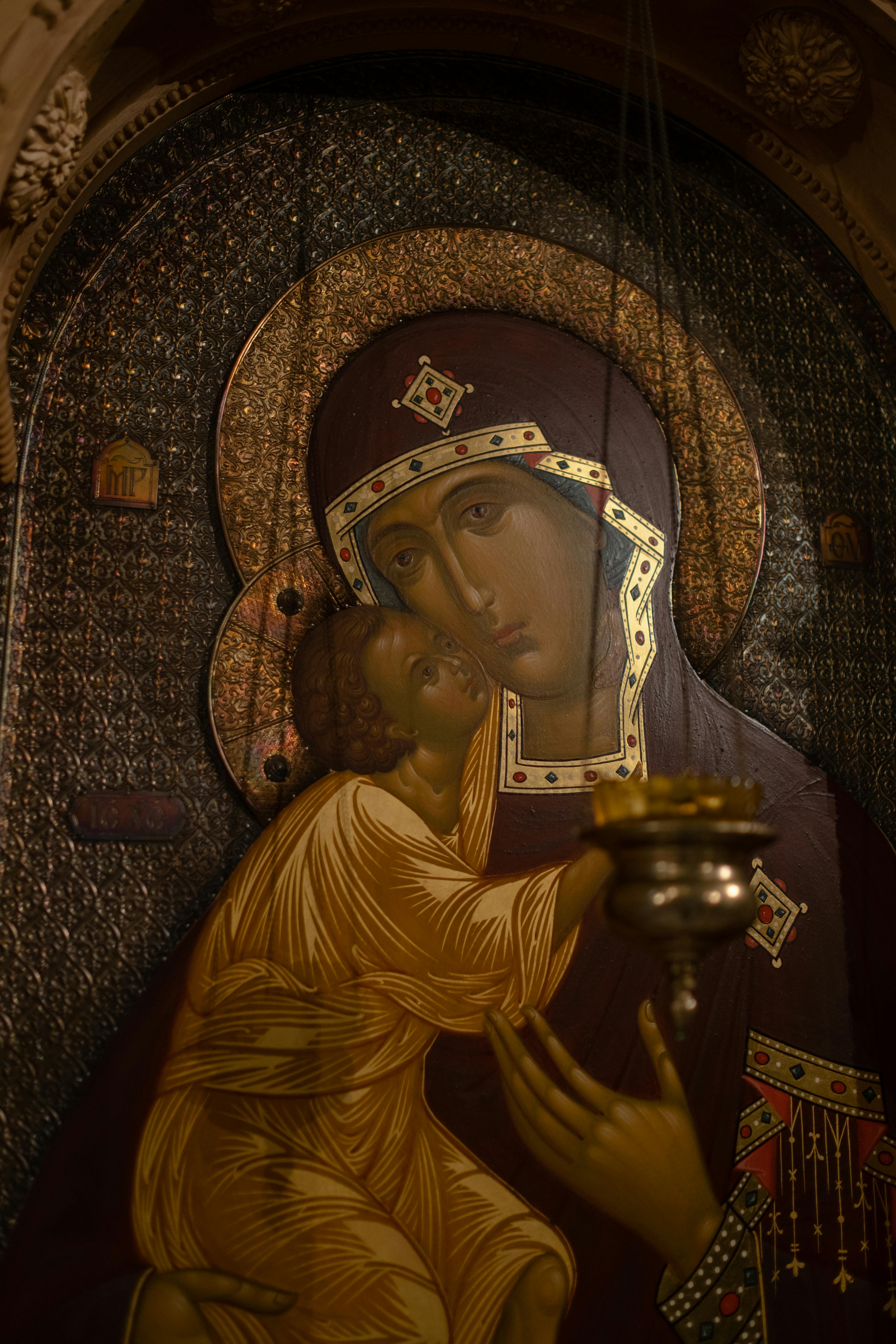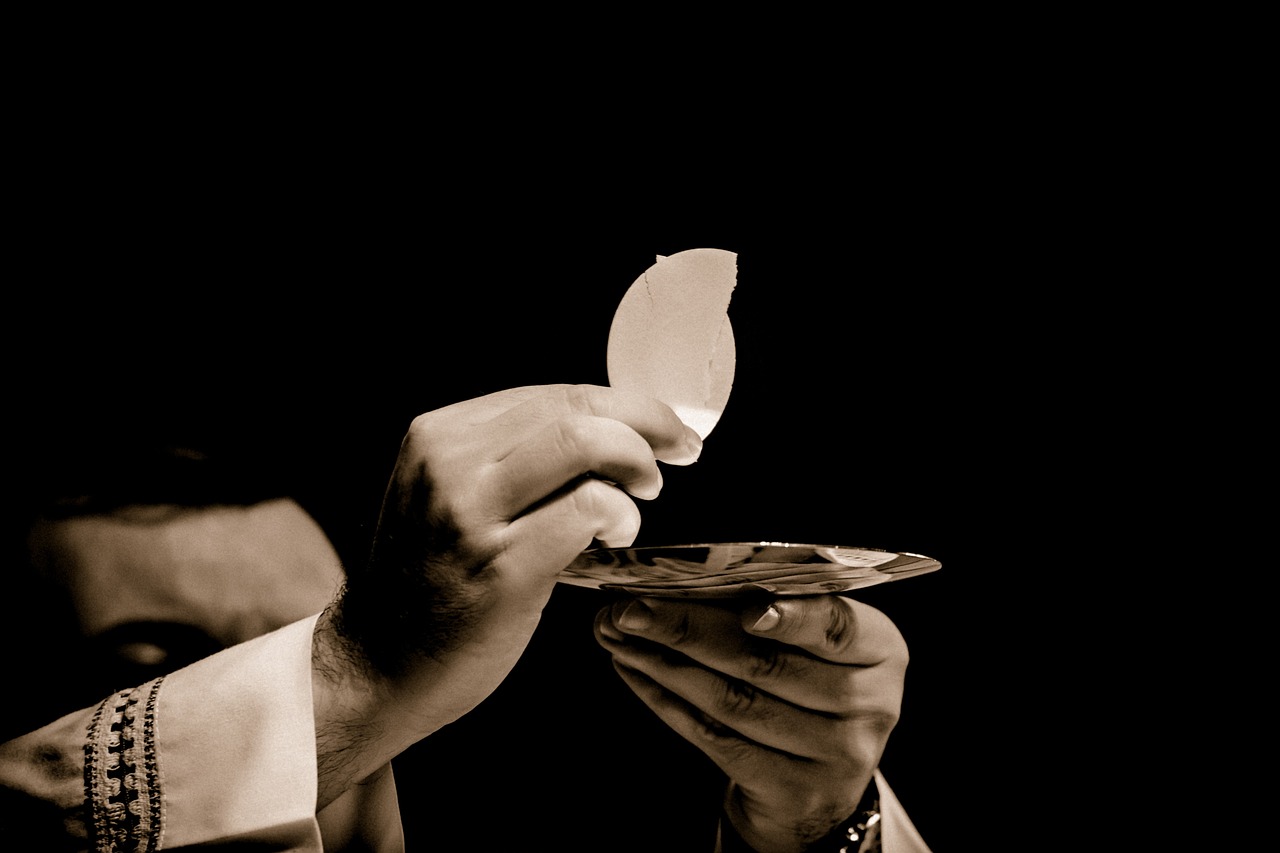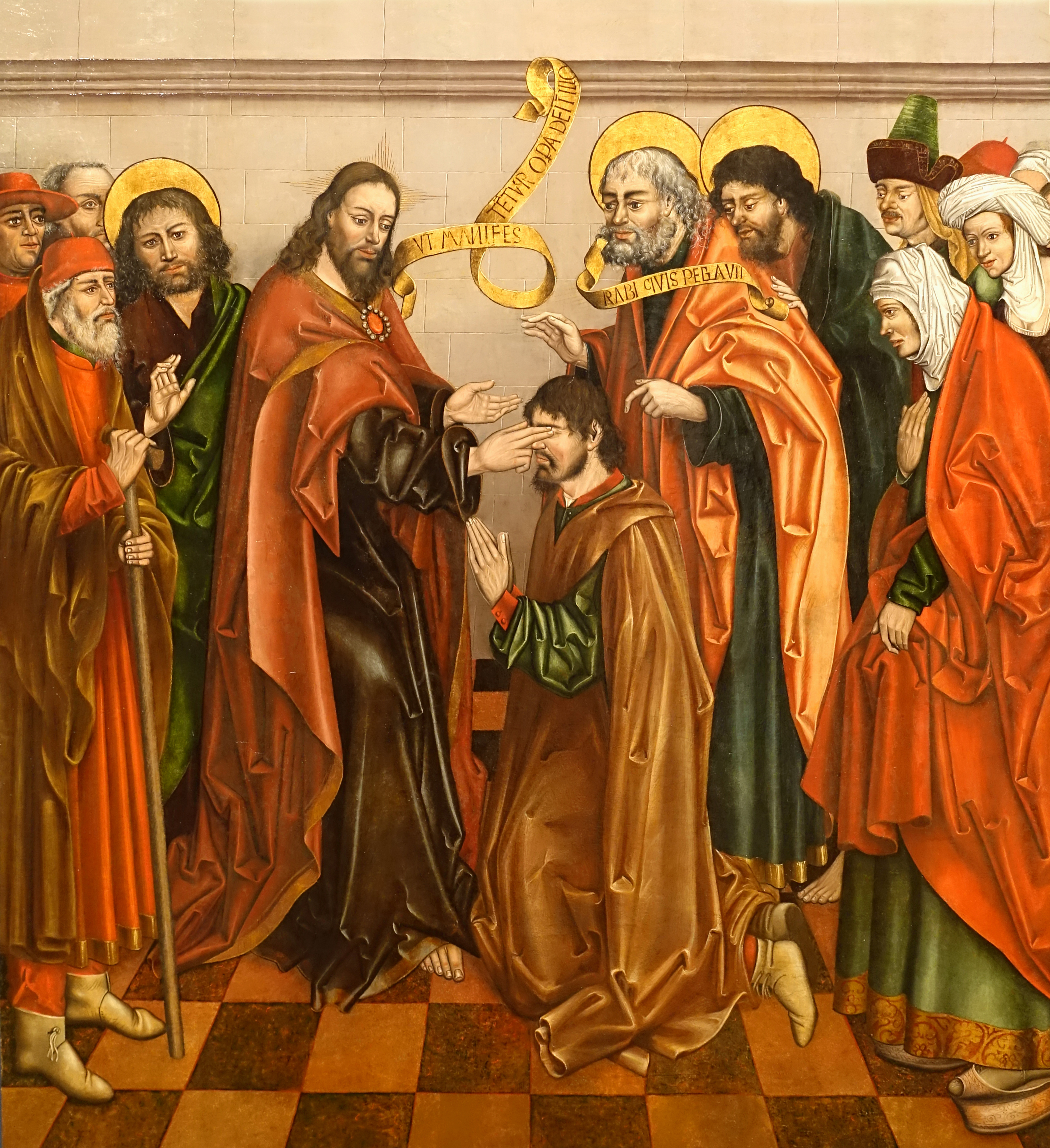Have you seen the actual wooden chair in Rome (now enclosed in a sculpted bronze casing) that some believe was used by St. Peter, the first pope? While we do not know for certain that he sat on it, this chair represents the unbroken succession of popes over the past 2,000 years.
Caesarea Philippi sat atop a huge hill, with a cliff of solid rock on one side – it was magnificent and seemed invincible. It is here that Peter proclaims Jesus as the Christ, and here that the Lord chooses to reveal that His Church will be invincible, founded on the rock of Peter, who is given authority to rule in Jesus’ Name.
Five words spoken by Jesus Christ in this setting reveal that the Son of God DID come to establish a Church: He says clearly that on this rock “I will build my Church.” The authority given to Peter is symbolized by the “keys of the Kingdom” (given in ancient Israel to the King’s master of the palace), and the “binding and loosing” (the authority of the Jewish synagogue leader to expel and reinstate people to the synagogue to preserve its moral integrity). These words held profound weight to His listeners, who understood well the responsibility Jesus was giving to the Church community, with Peter as head shepherd.
This was confirmed after Jesus’ Resurrection, when He told Peter to feed His lambs and tend His sheep; these are the tasks of a shepherd, not of the flock. On Pentecost, Peter takes on the fullness of his responsibility when he initiates the evangelization of the world by speaking boldly to the crowds gathered. He has been given the supreme pastoral office, to be handed on throughout the centuries to the present day.
We can forget that the Kingdom is truly present on earth in the Church, and that the popes are Christ’s vicars to the world. We can also forget that the way of the Church is the way of Christ, which is the Way of the Cross, through which victory over sin and death is won. 28 of the first 33 popes were martyred, as were many of the early Christians!
While it is true that popes are also sinners, and that fallen human nature can sometimes abuse the authority of this role (there have certainly been a few problematic leaders and a few “anti-popes”), no pope has ever spoken erroneously when speaking with the full authority of this role as leader of the Church “ex cathedra” (meaning “from the chair”). In fact, most have led the Church with humility and courage; 83 popes are recognized as Saints and nine as Blesseds.
Today, let us give thanks that divine Providence has promised to these frail human instruments the security of the Holy Spirit to conserve and pass on the Truth, which is Christ.
¿Has visto la silla de madera que se encuentra en Roma (ahora encerrada en una carcasa de bronce esculpido) que algunos creen que utilizó San Pedro, el primer papa? Si bien no sabemos con certeza si se sentó en ella, esta silla representa la sucesión ininterrumpida de papas durante los últimos 2000 años.
Cesarea de Filipo se encontraba en la cima de una enorme colina, con un acantilado de roca sólida a un lado; era magnífica y parecía invencible. Es aquí donde Pedro proclama a Jesús como el Cristo, y es aquí donde el Señor elige revelar que Su Iglesia será invencible, fundada sobre la roca de Pedro, a quien se le da autoridad para gobernar en el Nombre de Jesús.
Tres palabras pronunciadas por Jesucristo en este contexto revelan que el Hijo de Dios SÍ vino a establecer una Iglesia: dice claramente que sobre esta roca “edificaré mi Iglesia”. La autoridad dada a Pedro está simbolizada por las “llaves del Reino” (entregadas en el antiguo Israel al amo del palacio del rey), y el “atar y desatar” (la autoridad del líder de la sinagoga judía para expulsar y readmitir a la gente en la sinagoga para preservar su integridad moral). Estas palabras tenían un profundo peso para sus oyentes, quienes comprendían bien la responsabilidad que Jesús estaba dando a la comunidad de la Iglesia, con Pedro como pastor principal.
Esto se confirmó después de la Resurrección de Jesús, cuando le dijo a Pedro que apacentara sus corderos y cuidara sus ovejas; estas son las tareas de un pastor, no del rebaño. En Pentecostés, Pedro asume la plenitud de su responsabilidad cuando inicia la evangelización del mundo hablando con valentía a las multitudes reunidas. Se le ha dado el supremo oficio pastoral, que debe transmitirse a través de los siglos hasta el día de hoy.
Podemos olvidar que el Reino está realmente presente en la tierra en la Iglesia, y que los papas son los vicarios de Cristo en el mundo. También podemos olvidar que el camino de la Iglesia es el camino de Cristo, que es el Camino de la Cruz, a través del cual se obtiene la victoria sobre el pecado y la muerte. 28 de los primeros 33 papas fueron martirizados, como lo fueron muchos de los primeros cristianos.
Si bien es cierto que los papas también son pecadores, y que la naturaleza humana caída a veces puede abusar de la autoridad de este papel (ciertamente ha habido algunos líderes problemáticos y algunos “antipapas”), ningún papa ha hablado erróneamente cuando habla con la plena autoridad de este papel como líder de la Iglesia “ex cathedra” (es decir, “desde la silla”). De hecho, la mayoría de ellos han guiado a la Iglesia con humildad y valor; 83 papas son reconocidos como santos y nueve como beatos.
Hoy, demos gracias porque la divina Providencia ha prometido a estos frágiles instrumentos humanos la seguridad del Espíritu Santo para conservar y transmitir la Verdad, que es Cristo.
 Kathryn Mulderink, MA, is married to Robert, Station Manager for Holy Family Radio. Together they have seven children (including Father Rob), and eleven grandchildren. She is President of the local community of Secular Discalced Carmelites and has published five books and many articles. Over the last 30 years, she has worked as a teacher, headmistress, catechist, Pastoral Associate, and DRE, and as a writer and voice talent for Catholic Radio. Currently, she serves the Church by writing and speaking, and by collaborating with various parishes and to lead others to encounter Christ and engage their faith. Her website is www.KathrynTherese.com
Kathryn Mulderink, MA, is married to Robert, Station Manager for Holy Family Radio. Together they have seven children (including Father Rob), and eleven grandchildren. She is President of the local community of Secular Discalced Carmelites and has published five books and many articles. Over the last 30 years, she has worked as a teacher, headmistress, catechist, Pastoral Associate, and DRE, and as a writer and voice talent for Catholic Radio. Currently, she serves the Church by writing and speaking, and by collaborating with various parishes and to lead others to encounter Christ and engage their faith. Her website is www.KathrynTherese.com
Feature Image Credit: Marian Florinel Condruz, www.pexels.com/photo/the-chair-of-st-peter-in-st-peter-s-basilica-in-vatican-city-13778731/
The views and opinions expressed in the Inspiration Daily blog are solely those of the original authors and contributors. These views and opinions do not necessarily represent those of Diocesan, the Diocesan staff, or other contributors to this blog.
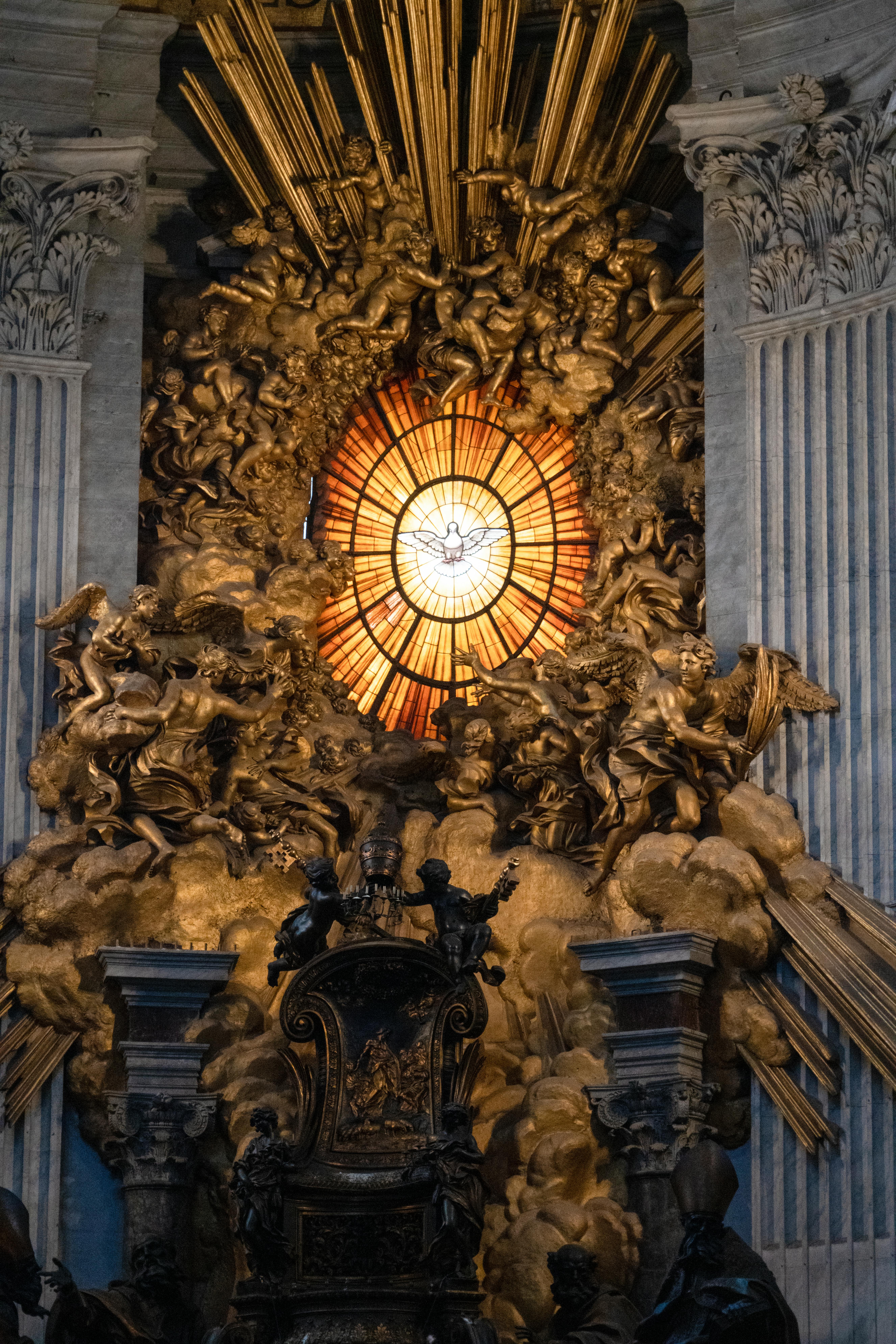


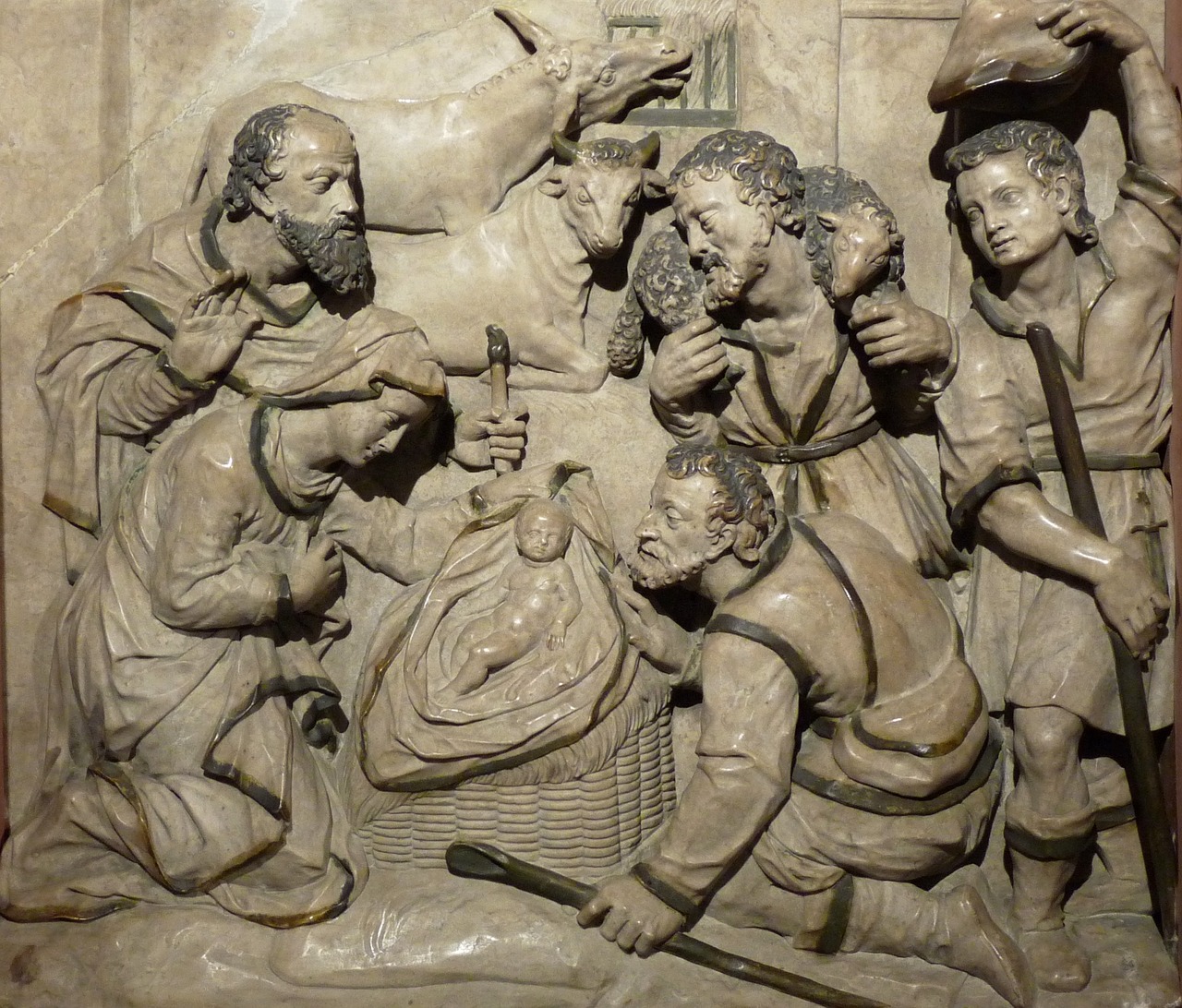
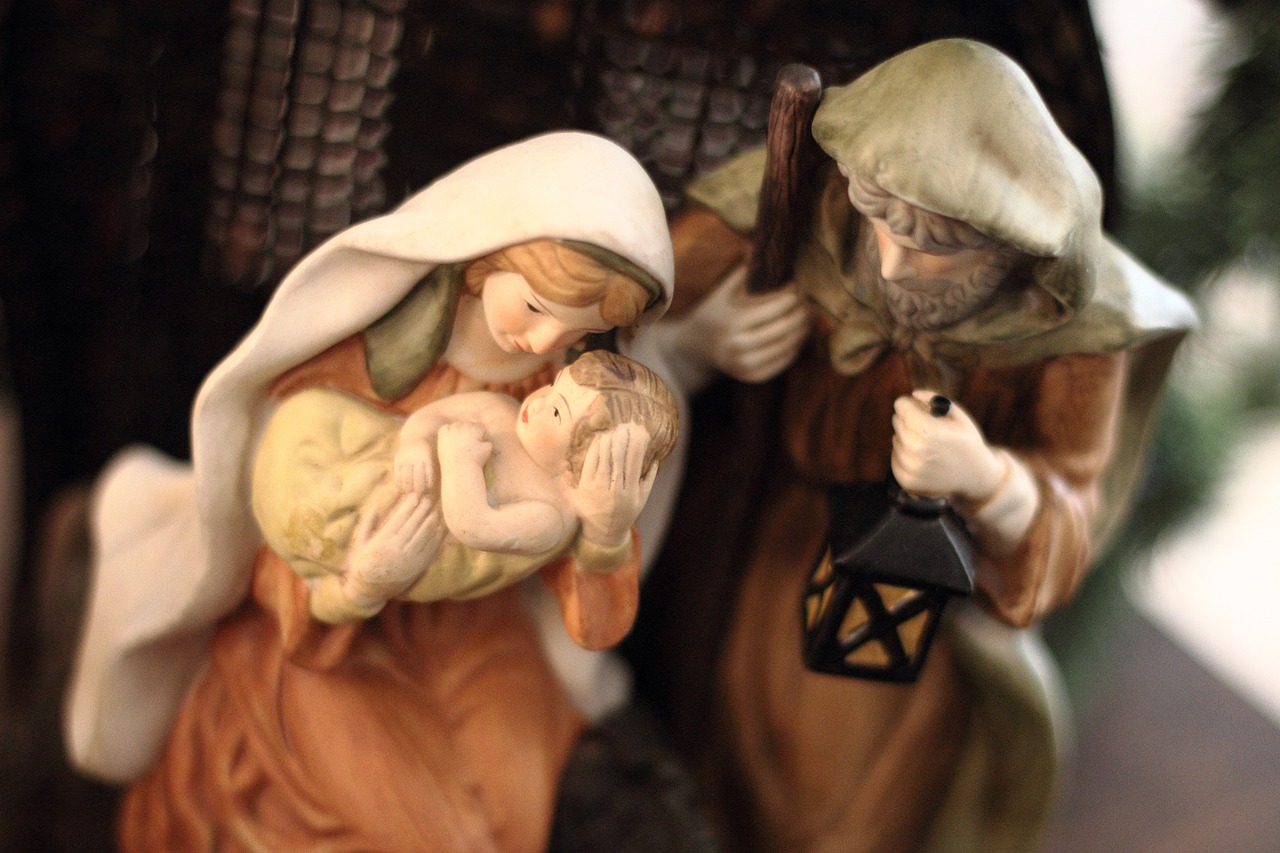
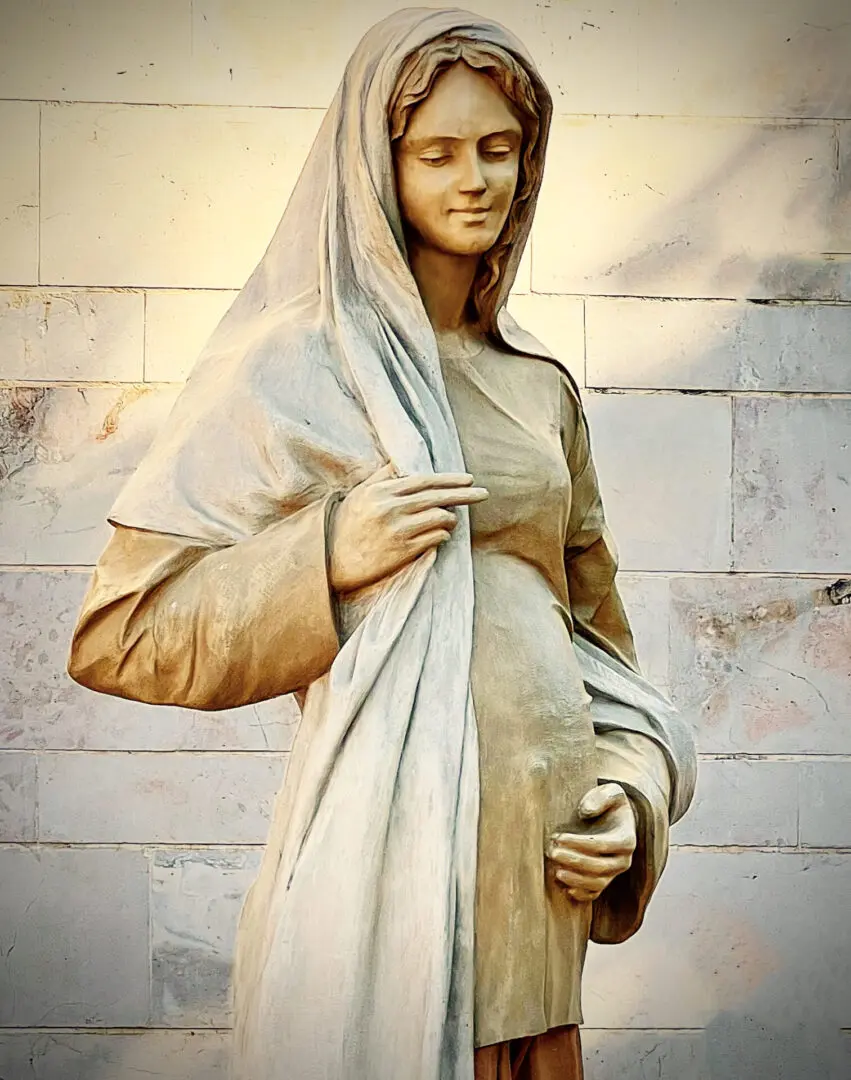

 Kathryn Mulderink, MA, is married to Robert, Station Manager for Holy Family Radio. Together they have seven children (including Father Rob), and eleven grandchildren. She is President of the local community of Secular Discalced Carmelites and has published five books and many articles. Over the last 30 years, she has worked as a teacher, headmistress, catechist, Pastoral Associate, and DRE, and as a writer and voice talent for Catholic Radio. Currently, she serves the Church by writing and speaking, and by collaborating with various parishes and to lead others to encounter Christ and engage their faith. Her website is
Kathryn Mulderink, MA, is married to Robert, Station Manager for Holy Family Radio. Together they have seven children (including Father Rob), and eleven grandchildren. She is President of the local community of Secular Discalced Carmelites and has published five books and many articles. Over the last 30 years, she has worked as a teacher, headmistress, catechist, Pastoral Associate, and DRE, and as a writer and voice talent for Catholic Radio. Currently, she serves the Church by writing and speaking, and by collaborating with various parishes and to lead others to encounter Christ and engage their faith. Her website is 